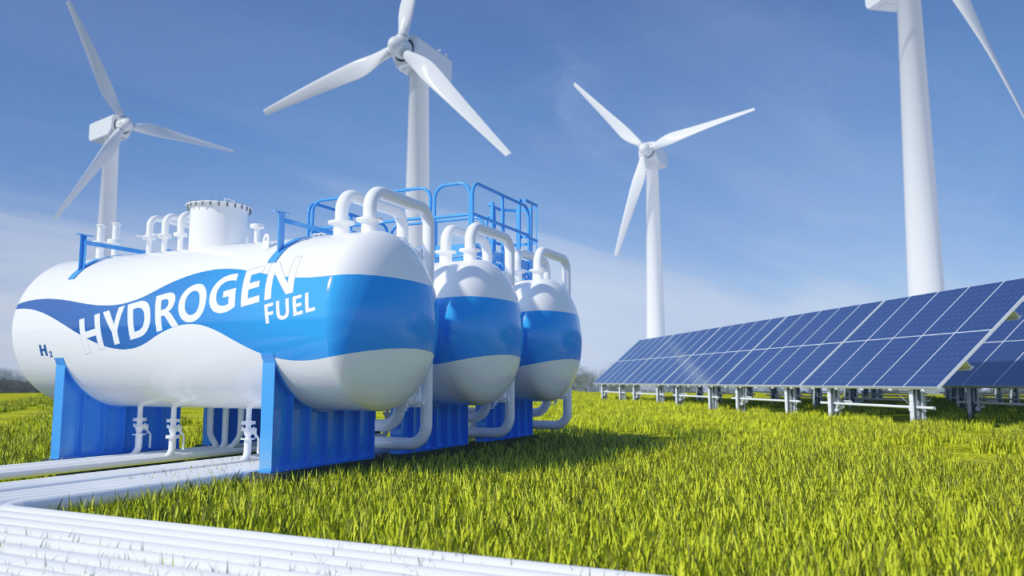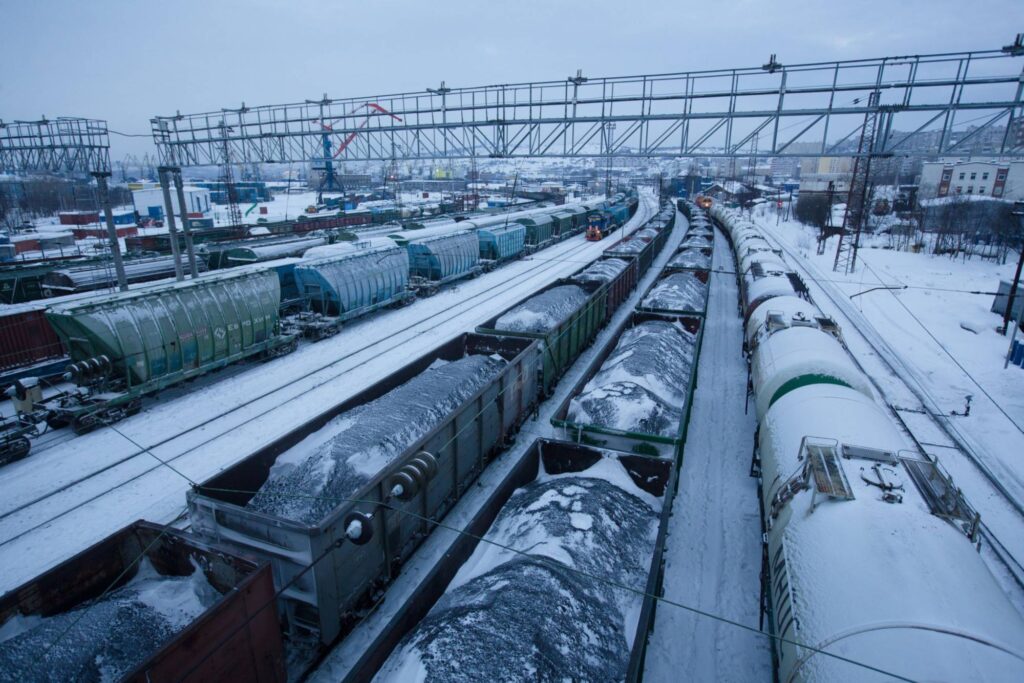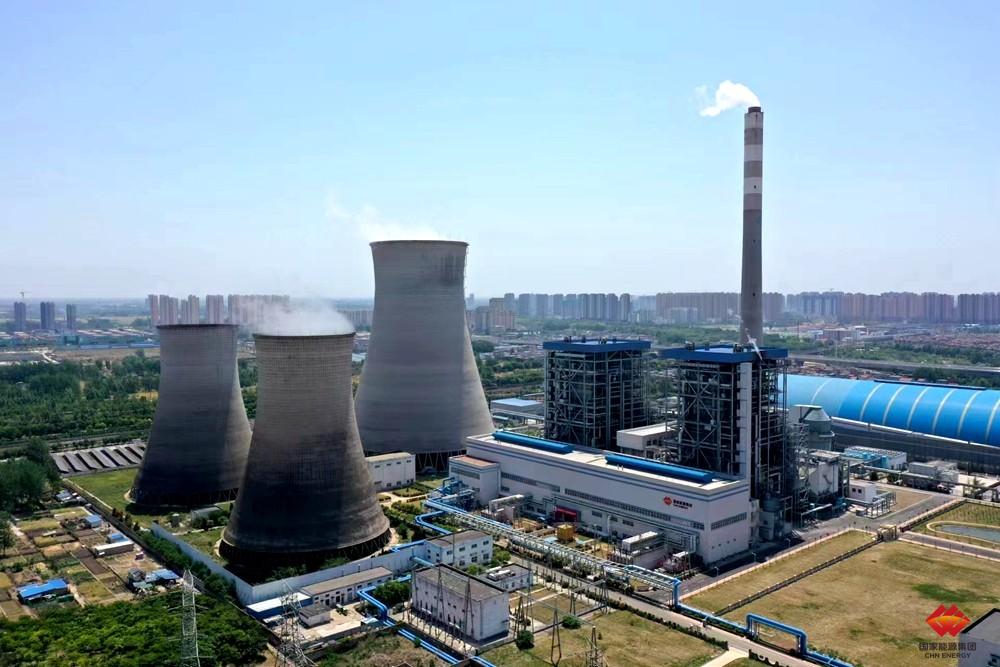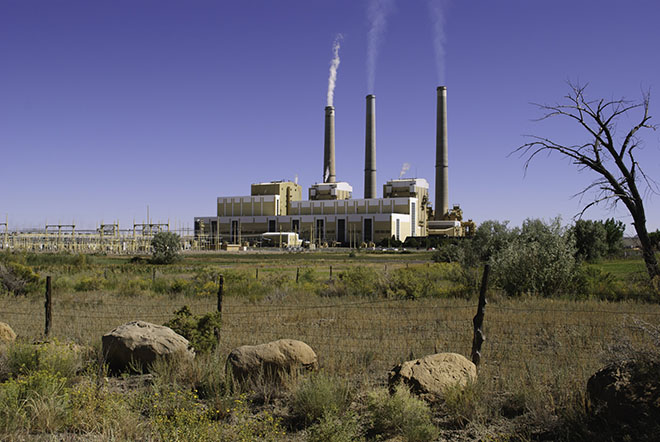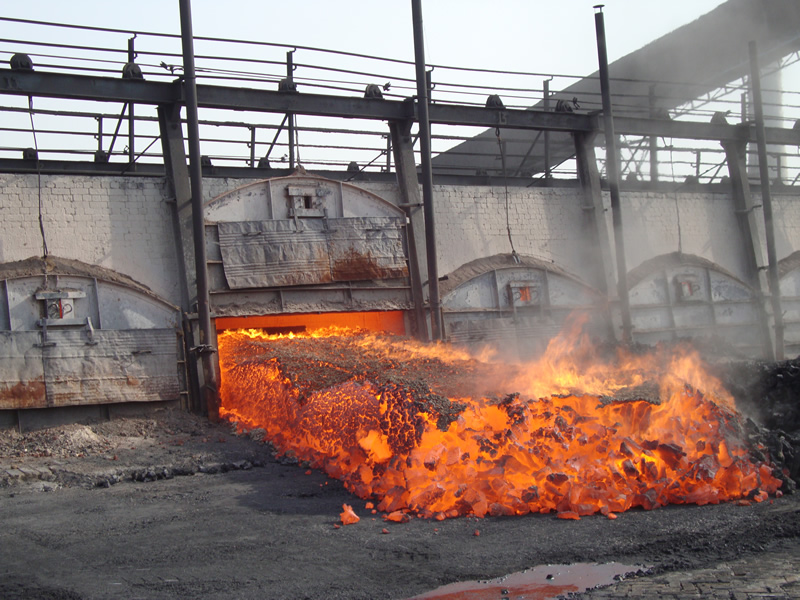Eastern German state leaders have warned against the government’s plan to replace coal with hydrogen, saying the shift would take too much time.
“Switching over Germany’s entire system will take decades,” said Reiner Haseloff, premier of Saxony-Anhalt, during a Tuesday panel discussion about phasing out coal and turning to hydrogen.
The panel was part of an industry conference held in the coal mining region Lusatia, sponsored by energy lobby BDEW. The question of giving up coal and lignite as a power source is especially touchy in the region, long a key source of coal. Current law calls for Germany to stop burning coal by 2038, but the sitting coalition government – led by Olaf Sholz of the Social Democratic Party (SPD) – would like to speed that up to 2030, a proposal that has been met icily in the east.
At a similar panel last year, German state premiers focused on the need to stick to the current coal exit plan. But Tuesday’s panel saw them sceptical about hydrogen, which the government wants to start importing and producing to phase out gas.
“I think there is a lot of potential, but it’s a long way from being proven, and it still hasn’t been precisely explained how the whole thing will work,” said Brandenburg premier Dietmar Woidke.
Bets on hydrogen
However, delegates attending the conference heard that Germany will likely make big advances in producing hydrogen with low or zero emissions in the next decade, thanks to new policies aimed at spurring infrastructure and cross-border trade.
“We’re noticing that the momentum is back,” said Bengt Bergt, a SPD member in the Bundestag.
“The hydrogen blues that kept coming up a few weeks ago, I don’t see them any more,” he said, referring to a high court ruling late last year that slashed green transition funding.
There are also concerns about a lack of pilot projects and how to bring projects to market. But the panel was near unanimous in expecting to see large parts of the government’s hydrogen strategy under way, perhaps as early as 2030.
“We are going to see a lot of projects by 2030,” said Matthias Otte, head of network expansion at German regulator BNA. “We’ll see a few dreams blow up, but I think that’s part of the process.”
But Woidke questioned the approaches taken on hydrogen, noting that much of the investment so far seemed focused on importing hydrogen, and not enough on shoring up local industry. The impact on the coal industry was also close to the surface, with the eastern state leaders still warning that they were not prepared to give in to the government’s 2030 demands, not out of ideological opposition, but because Germany will need coal for fuel after 2030.
“We can forget about 2030,” said Haseloff. “That’s complete nonsense, unless you want to drive the economy into a ditch.”
Woidke said the problem was that the coal exit plans make no economic sense, noting that households are being prodded away from gas use while the government is preparing to invest massively in new gas-fired power plants as a bridge to the hydrogen economy.
“Switching Germany’s entire energy supply to gas just so you can get coal out of the network quicker is a failed investment of the first degree in my opinion.”
Reporting by: Niels C Sorrells

